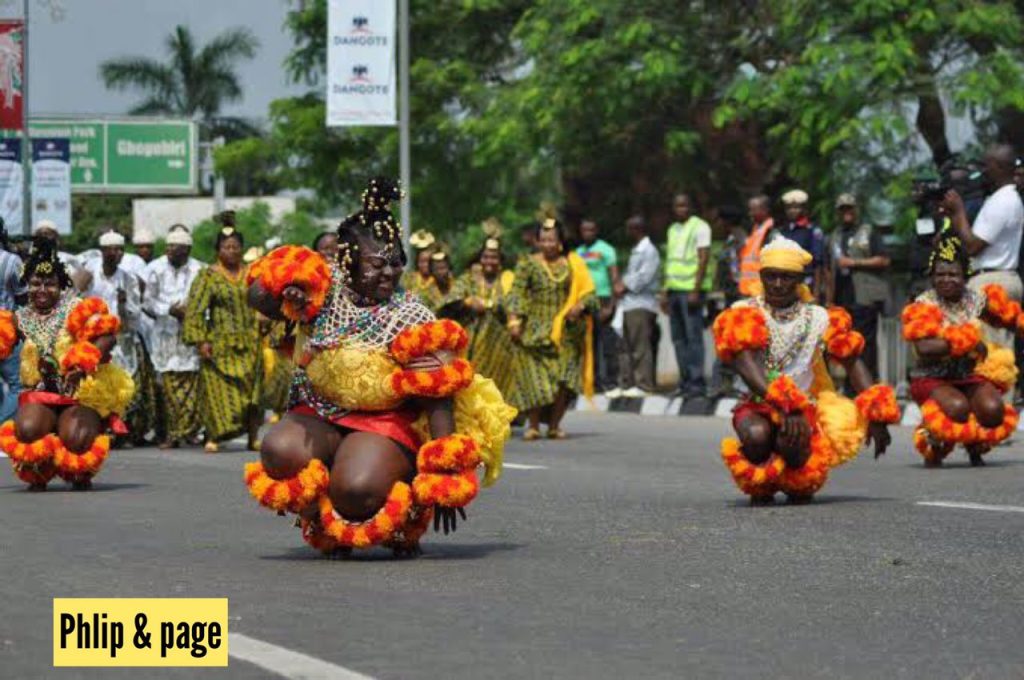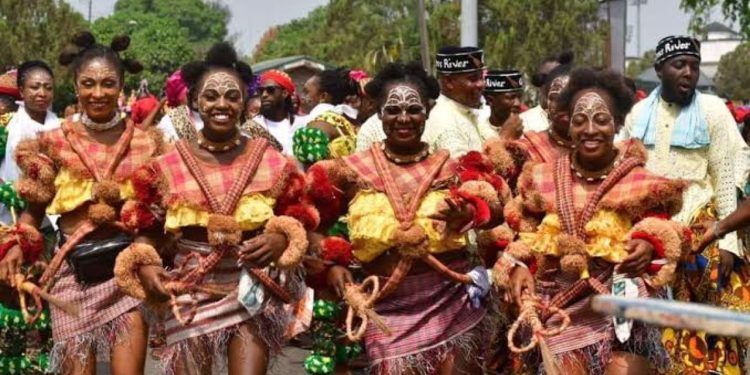Akwa Ibom State, nestled in Nigeria’s South-South region, boasts stunning coastal geography bordered by Cross River State to the east, Rivers State and Abia State to the west, and the Atlantic Ocean to the south. The Qua Iboe River cuts through this state before joining the Bight of Bonny, lending its name to the region. Established in 1987, Akwa Ibom is Nigeria’s 30th largest state by area and the 15th most populous, housing nearly 5.5 million residents as of 2016.

This state showcases a diverse landscape, with mangroves along the southern coast and Cross-Niger transition forests elsewhere. Historically, Akwa Ibom was part of Nigeria’s Eastern Region until 1967, when it joined the South-Eastern State. During the Nigerian Civil War, it became a battleground and was later incorporated into Cross River State. In 1987, it became its own entity, Akwa Ibom State.

Economically, Akwa Ibom relies heavily on oil and gas production, holding the title of Nigeria’s highest oil-producing state. Additionally, agriculture, featuring crops like cocoyam, yam, and plantain, along with fishing and heliciculture, play essential roles in its economy. Despite substantial oil revenues, systemic corruption has hindered its Human Development Index, ranking 17th in the country.
The state’s history is rooted in British colonialism, with the Enyong Division established in 1904, paving the way for the Ibibio Welfare Union in 1929. Akwa Ibom State was officially formed in 1987, with Uyo as its capital. Akwa Ibom experiences a tropical monsoon climate, characterized by high temperatures and consistent rainfall throughout the year. Politics in the state is predominantly influenced by the Ibibio, Annang, and Oro ethnic groups, with the Ibibio being the majority. Notably, the Annang people held leadership from 2007 to 2015.

The state’s government consists of various ministries, departments, and agencies responsible for governance and development. Akwa Ibom State comprises 31 local government areas, including Abak, Eket, Uyo, and more. Demographically, the state’s main ethnic groups are Ibibio, Anaang, Oro, and Obolo, with Christianity being the dominant religion. The people primarily speak dialects of the Ibibio-Efik languages. Education is a key focus, with institutions like Akwa Ibom State University and the University of Uyo providing higher education opportunities. Notable individuals from Akwa Ibom include gospel music minister Nathaniel Bassey, actress Ini Edo, footballer Vincent Enyeama, and entrepreneur Mark Essien, among others.

The state celebrates its rich culture through various festivals, including Usoro Usuuk Udia and Ekoon Ndara Akpakpa, showcasing traditional dances and customs. Akwa Ibom’s natural resources include crude oil, natural gas, salt, limestone, and more. Culinary delights in the state include dishes like Edikang Ikong, Afang, Ekpang Nkukwo, and Pepper Soup, highlighting the region’s rich food culture.
















